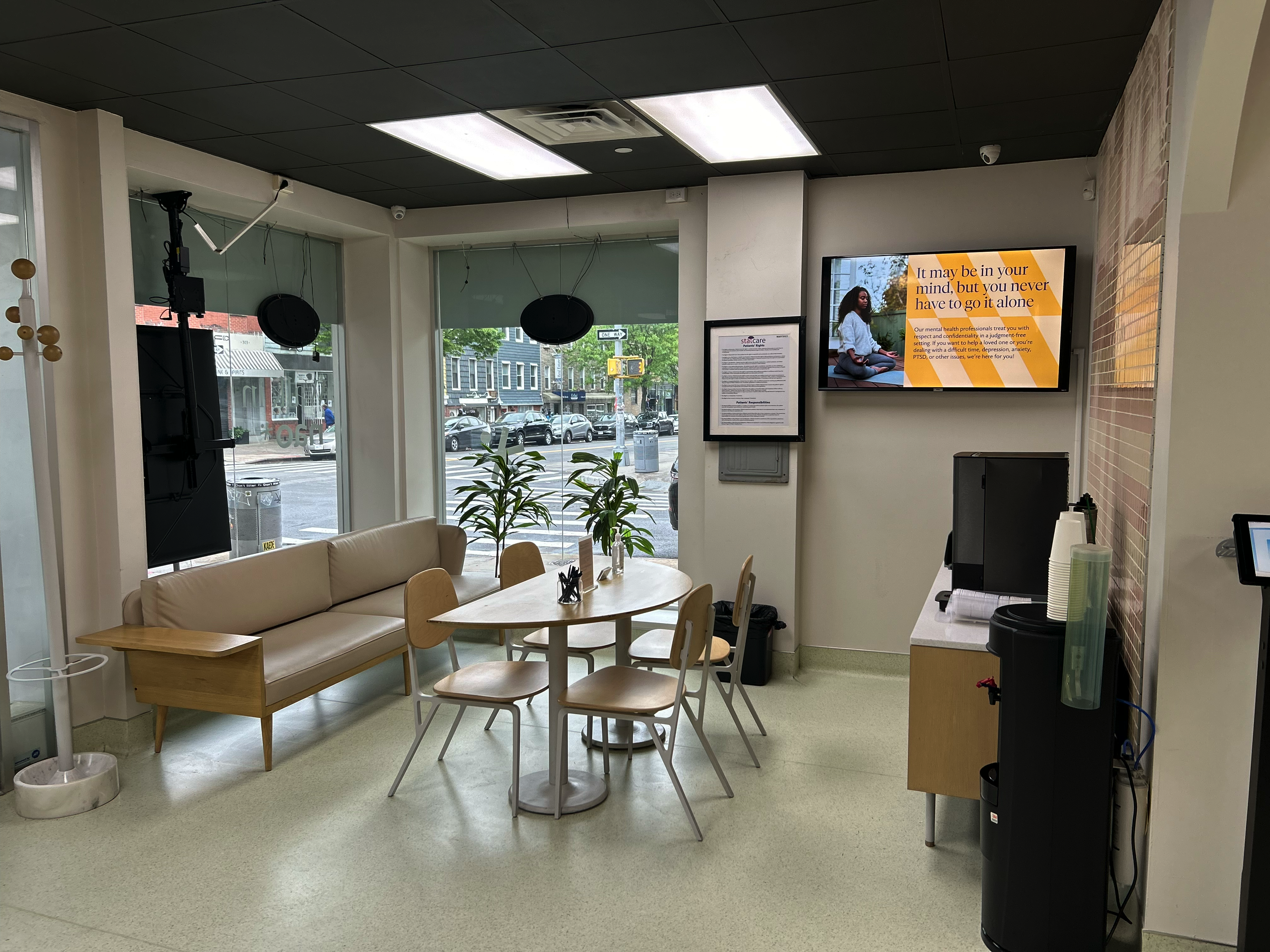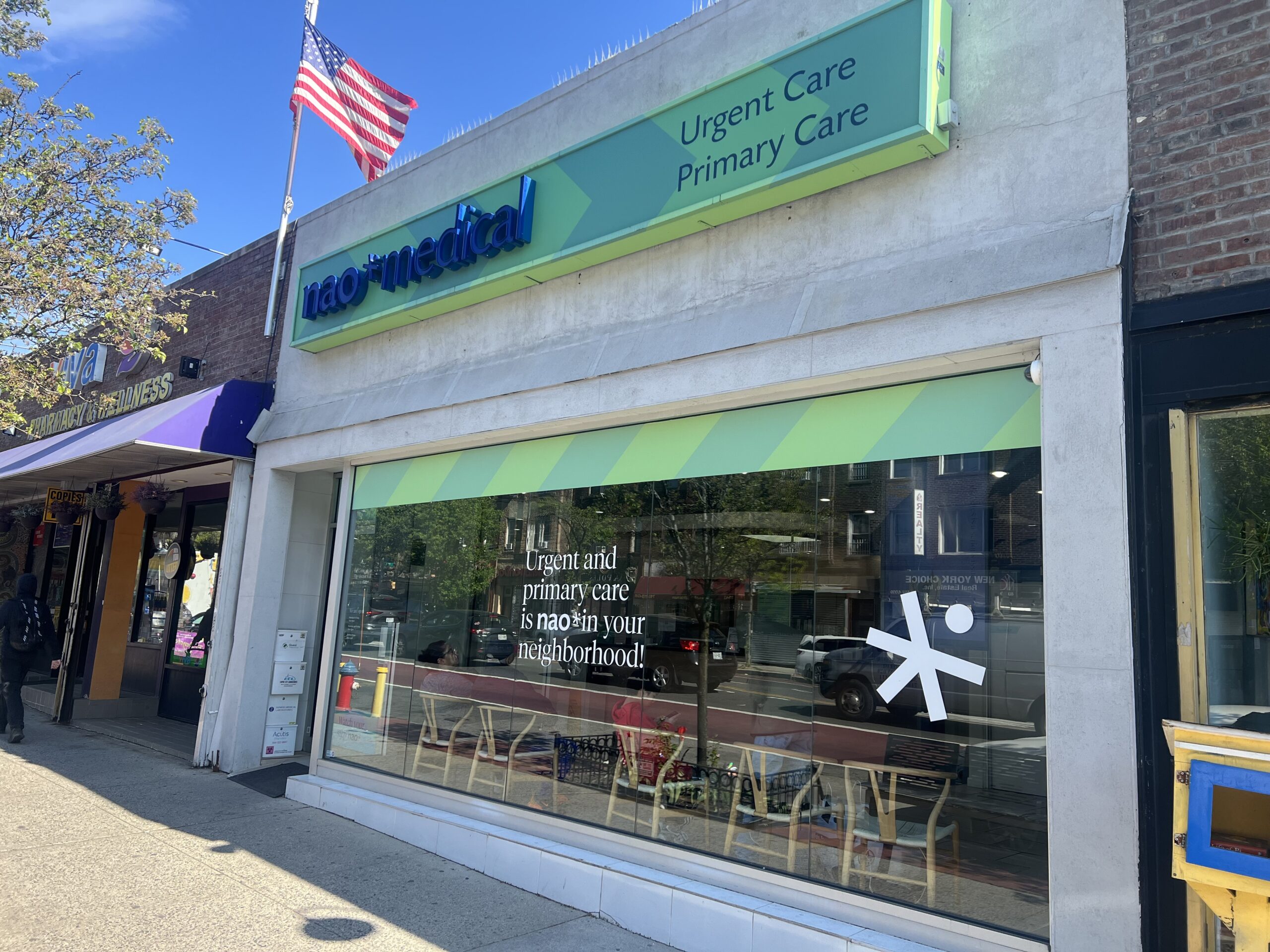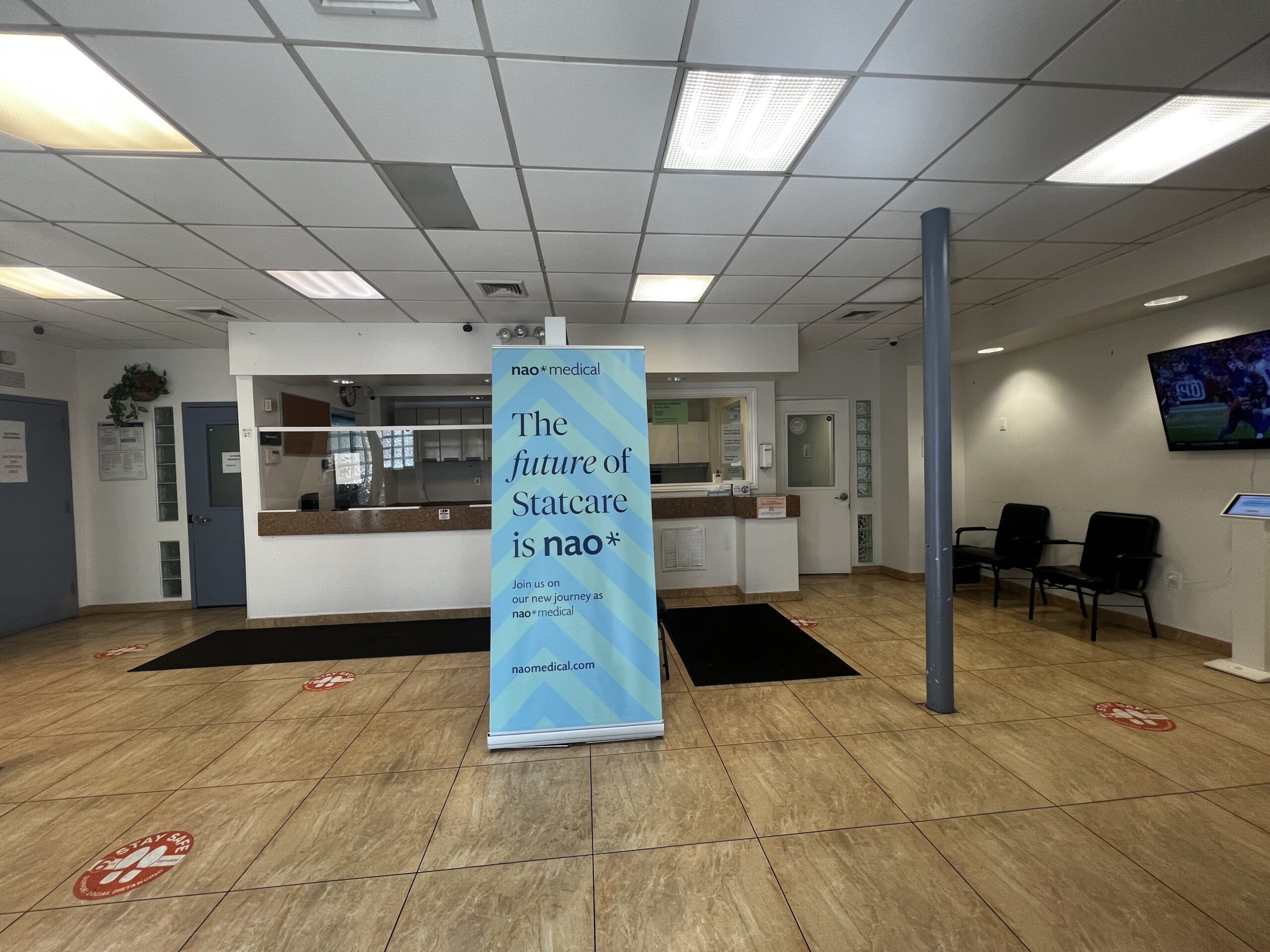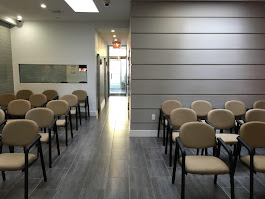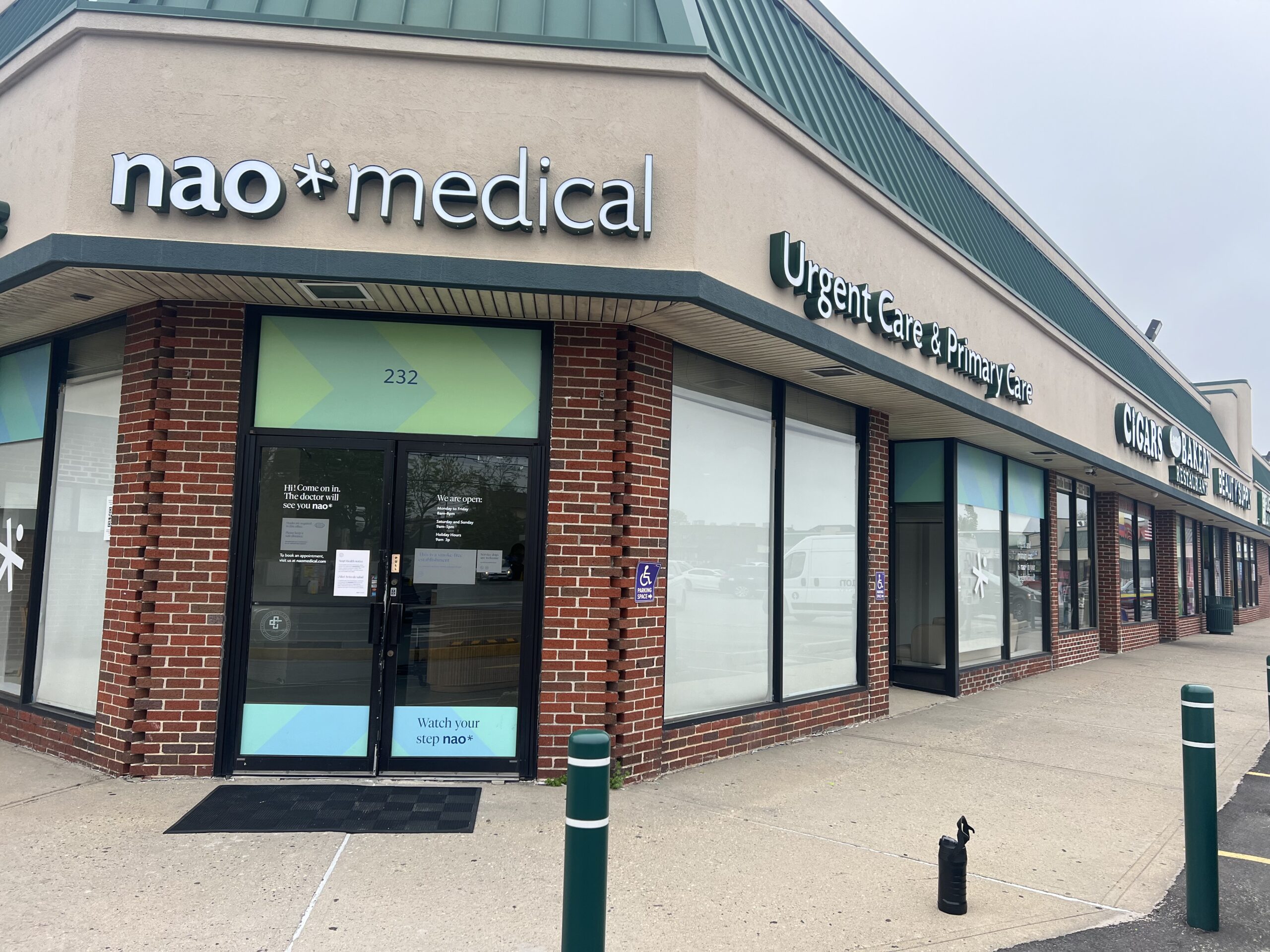There comes a time when a woman experiences the inevitable menopause. But what is it and why does it happen? Here’s a woman’s guide to menopause.
Although menopause is a normal period in a female’s lifetime, the impact on women’s health can be varied and overwhelming. Whether you’re worried about this phase or curious to see if you’re already there, here’s a closer look at menopause.
What is menopause?
Menopause is a period in a woman’s life when ovulation stops. Between the age of 45 to 55 years old, the ovaries stop producing eggs, ending menstrual periods and every chance of getting pregnant.
Most of the time, women would experience several changes in the years before menopause actually takes place. The signs will be present but may vary in every woman.
Some barely notice them while some will experience severe symptoms, such as hot flashes, mood changes, night sweats, vaginal dryness, and sleep problems. All these are caused by the declining levels of the hormones estrogen and progesterone in a woman’s body.
Although menopause isn’t a health condition that needs to be treated, the symptoms that come with it, be it before or after the menopausal period, can be quite disruptive. Fortunately, effective treatments are readily available for menopausal women.
The stages of menopause
Are you wondering if you’re already going through menopause? There are three stages and you could be in one of them. Here’s a closer look at each stage:
Perimenopause
Also called the transition stage, perimenopause is the time when your menstrual periods start to happen less frequently. Often, this stage lasts about four years before you get your final period.
Menopause
This stage is the 12-month period following your last menstrual cycle. By this time, your body has stopped producing hormones that make menstrual periods happen.
Postmenopause
This is the final stage and it often means that you’re postmenopausal for the rest of your life. The symptoms you experience during the first two stages often go away at this point but some women report that some symptoms still linger during this stage but at a less intense level.
Menopause symptoms
Symptoms among menopausal women may vary. Some may have minimal to no symptoms while some experience symptoms that disrupt their daily routine. Let’s take a look at the most common symptoms of menopause.
Hot flashes
This vasomotor symptom affects about 60 to 80 percent of menopausal women. It usually feels like a sudden sensation of heat that starts in the chest and face before spreading to the rest of the body. A hot flash may last for a couple of minutes.
Night sweats
Hot flashes that occur at night or during sleep are called night sweats because they may cause you to sweat through your clothes. Some women report waking during night sweats, causing fatigue, lack of focus, and mood swings due to interrupted sleep.
Vaginal dryness
During estrogen levels decline in the body, the tissues inside the vagina and urethra can become dry and thin. This means you get less lubrication during sex, making intercourse uncomfortable and painful. Fortunately, this can be safely remedied with vaginal moisturizers.
Depression
Many women develop mood swings during menopause. Problems may include depression, loss of interest in normal activities or hobbies, oversleeping, or difficulty concentrating.
Other symptoms include weight gain, urinary incontinence, and
At what age does a woman become menopausal?
The average age for women to go through menopause is 51 years old. Those who go through it before the age of 40 have an abnormally early menopausal condition often called premature ovarian failure or primary ovarian insufficiency.
Women with premature menopause need to undergo testing to check their hormone levels. This is to make sure that it’s just early menopausal symptoms and not another medical problem that’s causing any menopausal symptoms they have.
If you’re already 45 years or older and have experienced zero menstrual periods in 12 months, it’s most likely that you’ve already undergone menopause. Women who belong to this group don’t need to get tested to confirm this, especially if there are symptoms to prove that they’re menopausal.
Will women who had hysterectomy experience menopause?
Women who had a hysterectomy don’t get menstrual periods because they don’t have a uterus anymore. However, because their ovaries are still there, they’ll still experience menopause. Although it’s difficult to determine when estrogen levels are declining based on menstrual periods, menopausal symptoms can help confirm that.
If you’re unsure whether you’re menopausing, talk to your doctor or nurse about it.
Menstrual cycle changes associated with menopause
The most common indicator of menopause is the changes in menstrual periods, caused by the declining level of hormones in a woman’s body. You may be entering the first stage if you are:
- Experiencing more or less frequent menstrual periods
- Bleeding fewer days than usual
- Skipping one or more periods
- Experiencing other menopausal symptoms along with menstrual period changes
It’s important to note that menstrual changes won’t always guarantee that you’re undergoing menopause. Sometimes, irregular vaginal bleeding could be a sign of another health problem so make sure to see your doctor or nurse when you experience more menstrual periods in one month, very heavy bleeding, or spotting in between periods.
Menopause and birth control
It’s natural for fertility to decline with age. It’s less likely for women to get pregnant after 45 years of age unless supported by infertility treatments.
A lot of women ask if they can stop using birth control during menopause since the ovaries are producing lesser and lesser eggs. If you don’t want to get pregnant, it’s still highly recommended to continue birth control until you’re completely sure that you’ve gone through it and it’s been a year since your last period.
Here are other tips:
- If you’re still getting periods, continue using birth control no matter how weak or faint the bleeding is.
- If you’re using a hormonal type of birth control, consult your doctor to find out if it’s safe to continue taking them during any stage.
- If you still want to take birth control, you should lower the dose of hormonal birth control or switch to a non-hormonal method.
- If you’re 45 years old, using a non-hormonal birth control method, but haven’t had a menstrual period for 12 months or more, you can stop using birth control.
- Using an intrauterine device? You should leave it in until you’re past the age of 51 years.
Treatment for menopause
If you’re experiencing mild symptoms, there’s no need for treatment. But if you’re having severe and disruptive symptoms, here are a few effective treatment options you can check out:
Menopausal hormone therapy
Estrogen therapy is safe and effective in treating hot flashes. This treatment should be started before a woman turns 60 years old and the therapy goes on for up to five years. However, this can’t be used by women with a high risk of breast cancer, stroke, and heart disease.
Hormone therapy is available in different forms, such as an oral pill, a skin patch, a skin gel or cream, a spray, and a vaginal ring.
Non-hormonal treatment
If you prefer treatment that doesn’t involve hormones, there are medications you can take to treat specific menopausal symptoms.
If you need more information about menopause or have questions and concerns about it, your healthcare provider is your best source. Visit the nearest urgent care center to get your estrogen level tested.
 (917) 310-3371
(917) 310-3371
